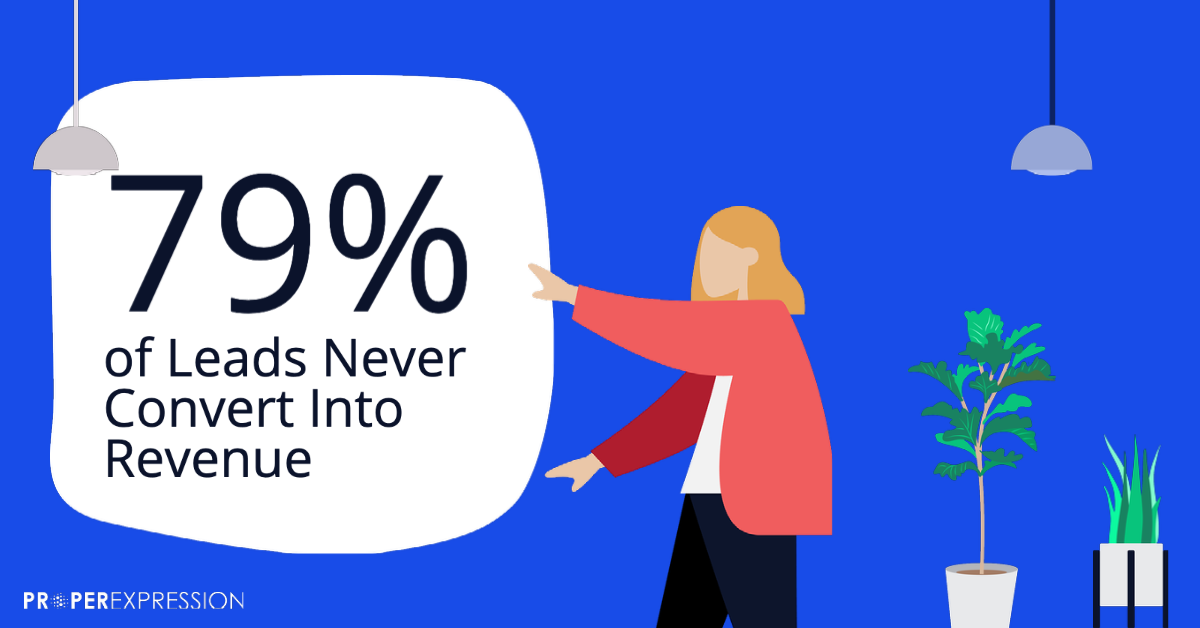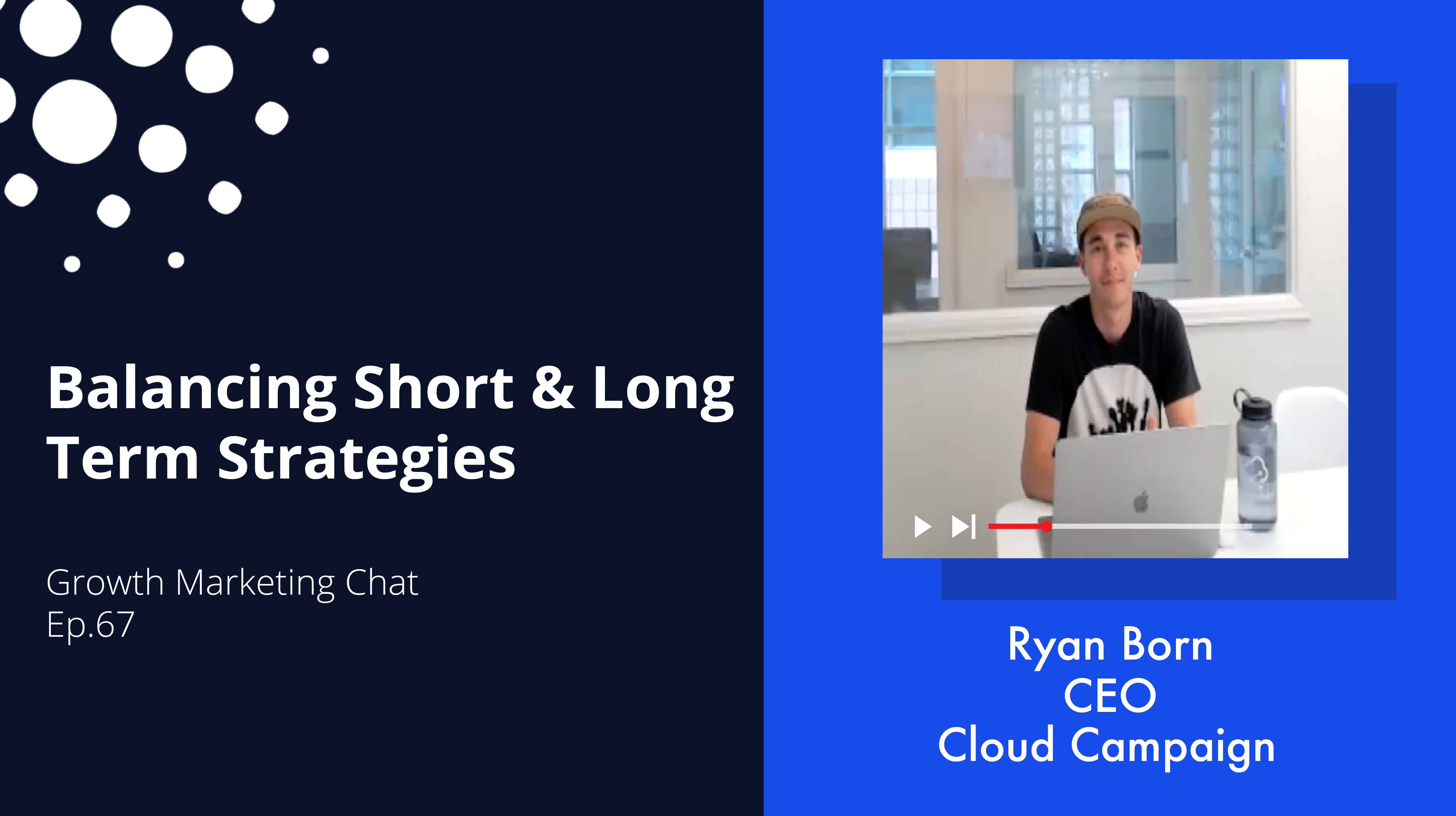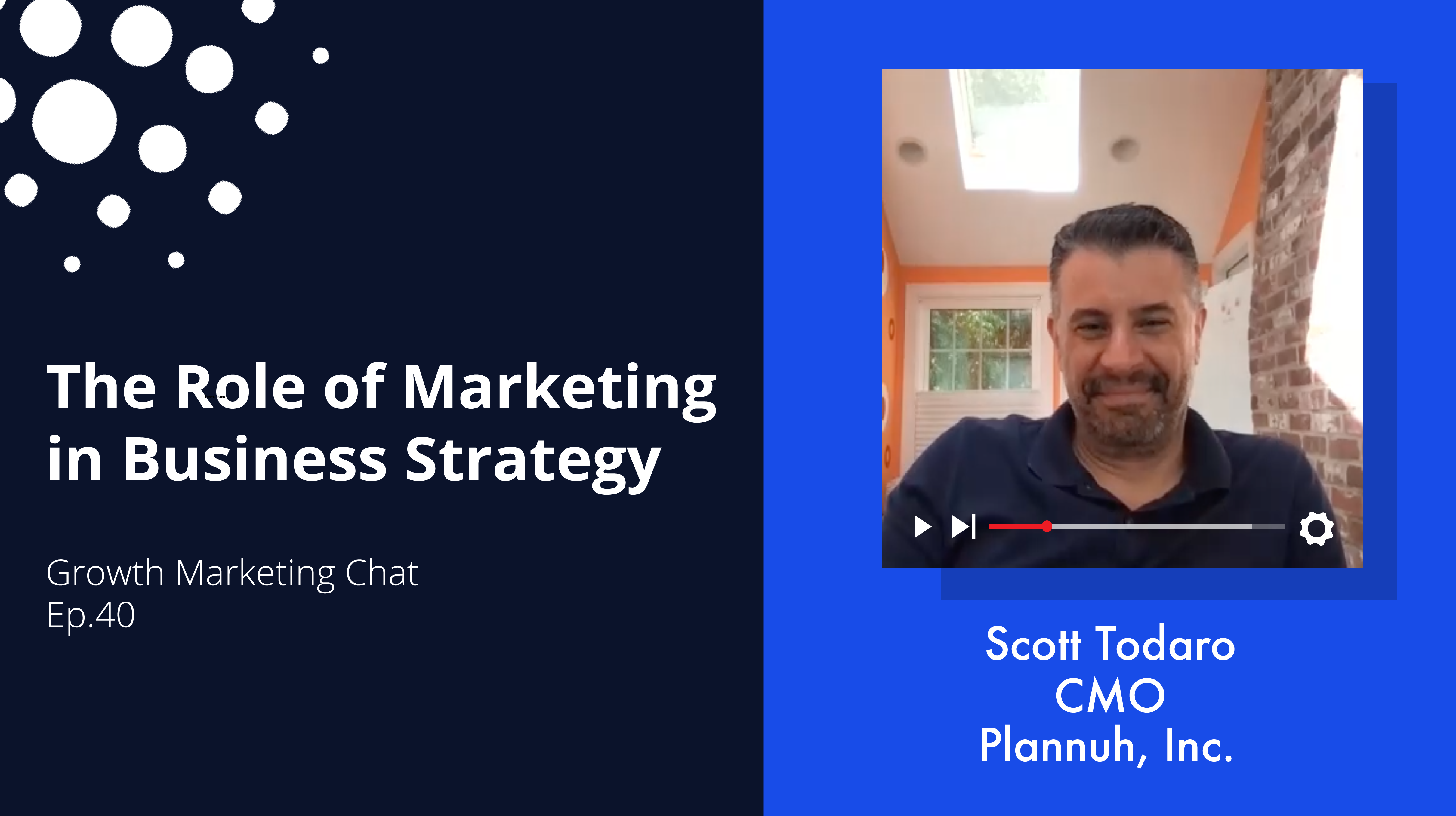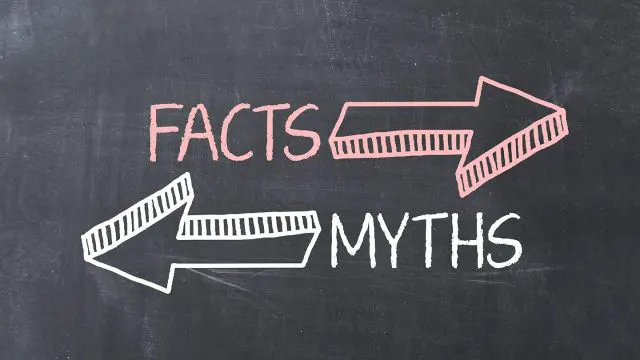The last year has brought some unexpected changes to the marketing world that have undoubtedly affected Demand Gen strategies, for B2B and B2C companies alike. While navigating these changes may have been challenging, Melissa Blanken, VP of Marketing for Kajeet, shares an optimistic view on some game-changing strategies to drive new business leads and generate revenue in our newest Marketing Expert Chat episode.
If you’re looking for inspiration and new marketing trends for this year, this interview can help you better understand how to:
- Fill the gap in Demand Gen while in-person events are still on hold
- Maximize ROI for hybrid events
- Change your content types, offers and messaging to drive more leads
- Provide more value and adapt your strategy to fit your audience’s schedule
- Prepare for when in-person events come back
This latest episode offers excellent timely advice that you can start applying to your marketing strategy today. Check it out now!
Video Transcript:
CAROLINE: Hey, today I’m here with Melissa Blanken. Melissa is a marketing leader. She has led marketing at companies of all sizes and today she is the VP of Marketing at Kajeet. Melissa, thank you so much for being with me today.
MELISSA: Thanks for having me, Caroline.
CAROLINE: So, today we are gonna talk about how to successfully plan and successfully create a marketing plan, especially in the light of the unexpected. And about a year ago, we all had our marketing plans and then the pandemic happened, and we thought it was gonna last for a few months. And now nobody quite knows exactly what the future is gonna be like, but for sure it has had a lot of impact on our businesses, and it will keep having impact. So, I wanted to have your thoughts about how do you, how you navigate this new environment.
MELISSA: Yes, obviously, a big portion of marketing is demand generation. And so, I’m sure a lot of marketing organizations in both B2B and B2C, events is a big part of your demand gen. And that obviously completely changed in 2020.So in 2021, and you had to fill that gap of what you thought, you know, leads were gonna come from that activity with other things.
And so, I think some people started to do webinars and that was very successful, I think, in the beginning stages of the pandemic, but then that started to really wear on people. So, you know, you have to be really careful about how many webinars you’re doing and what you’re actually expecting to get out of that.
So, I think in 2021, we as marketers need to, number one, figure out where to fill the gap from where event leads are coming from, but also be ready for when events actually come back in person. And I think that in 2021, it will not be a 100%. But we’re already starting to see events that are hybrid, so where people that are comfortable going in person can go in person, but there will still be virtual and online options for participants. And so, marketers are gonna have to figure out how to manage that and navigate that and build that into the marketing plan. Obviously, you know, virtual is hard.
CAROLINE: Right.
MELISSA: And we ourselves have experienced difficulty getting people to come to our virtual booths the same way that people come to your live booth. But I also think that this is gonna be a normal part of events strategy and events going forward. So, we’re gonna have to figure out how to manage both the virtual as well as the in-person portions and get the most bang for the buck that we can. And obviously, we still need to fill the pipeline with these kinds of events at the same level or figure out different places. So, I think that’s a big piece of the marketing plan that we’re trying to figure out and build into our plan this year.
The other area, I guess obviously is be with everything virtual and know in-person kind of events you have to go digital. And so, content, while it’s always been important, I think it’s even more important now that you have the right content, because when you’re in B2B demand gen, your audience, your offer, and your creative are kind of the things that you need to pay attention to. And your offer is not necessarily a price or a promotion, but sometimes your offer is the value you get from a white paper or the value you get from a case study or something in a blog post. And so that piece of demand gen is even more important, I think, than it was before in this virtual digital world that we’re in to try and keep your pipeline and your demand gen going.
CAROLINE: Mm-hmm, yeah, and to some degree, you probably, you can get more attention, right? on digital channels now than you could maybe a year ago because this is the way people need to inform themselves, right? Like a lot of the other ways are not there anymore.
MELISSA: Mm-hmm, certainly. And I think webinars can still work. It’s just you have to make them in bite size. And so, we’ve been starting to plan webinars series where they’re like a half an hour, you know, a half an hour here and a half an hour in three weeks and they kinda go together so that you’re not taking up too much of time. The other piece within events is, you know, rather than having somebody, people who, or audiences that are engaged because they’re in-person with you, they pick and choose the things that they want to really go see and attend at a virtual event. And so speaking engagements and panel sessions and things like that, that again, go back to the content and the offer versus let’s sit in a virtual booth and try to get people to come and visit us there.
CAROLINE: Mm-hmm, yeah. Yeah, so provide more value, right?
MELISSA: Yes.
CAROLINE: To attract people to your brand.
MELISSA: Yes, and in more digestible little tidbits, if you will, so that there aren’t big amounts of time that need to be dedicated to this, that people who are working, which many professionals like us are still working from home and they will be for quite a while, they can plan out their day around their existing meetings and then the things that they want to do, you know, what I would consider extra at this point.
CAROLINE: Right, right, right. Yeah, that’s really good advice because people don’t have time, especially now where everything is kind of jumbled together, your home life and your work life. So, yeah.
MELISSA: Right, I don’t know. I, for one, am all for rolling off work at 6:30 into my kitchen and cooking dinner, so-
CAROLINE: Right, exactly.
MELISSA: If you can cater to that for other people, because I think a lot of people feel the same way as me. I like to have my day scheduled out and, you know, and I’m able to dedicate a little bit more time to my work life than I was maybe before, because I was commuting. And I read a study the other day that almost all that time is being given back to the employers. I think it’s like 65 to 75% of that extra time that people are getting with the commuting are actually going to the work versus personal, so-
CAROLINE: Wow.
MELISSA: You know, finding a way to take advantage of that.
CAROLINE: Mm-hmm, yeah. All right, well, I think that’s really helpful, and I think everybody can be inspired by that. So, thank you so much for sharing your thoughts with us today.
MELISSA: Thanks, happy to be here.





